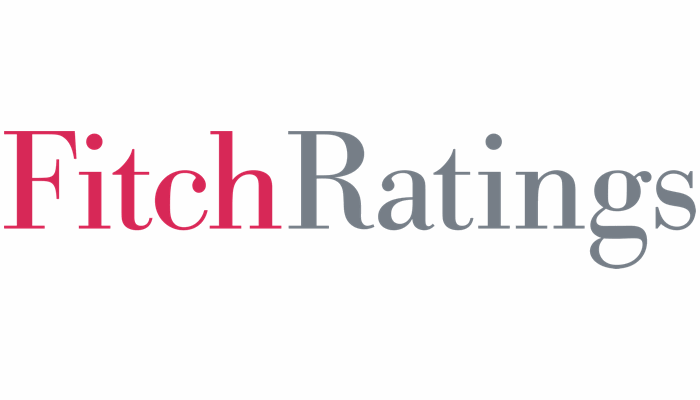Retrocession capital supply disciplined, signs investor appetite returning: Fitch

The retrocessional reinsurance market capital supply remains disciplined, which means capacity for retro protections is still not abundant and so this has been creating some difficulty for reinsurance firms that have relied on it in the past, Fitch Ratings has said.
The rating agency noted that retrocession pricing and rates increased significantly over the first-half of 2023 and at the reinsurance renewals.
In some cases this resulted in increases of 25%-60% for loss affected business and between 10%-50% for loss-free accounts.
The reason being, that after suffering significant losses through prior years, “retro capital supply remains disciplined,” Fitch said.
Because of the losses, retrocession products have been restructured, with higher attachments installed and fewer aggregate covers offered in the market, while terms and conditions have been tightened across the full range of retro products, including reinsurance sidecars.
Fitch said, “Collateralised quota-share reinsurance and sidecar retrocession have demanded higher returns to compensate for above-average catastrophe losses, trapped capital and more attractive investment opportunities available elsewhere given the rise in interest rates.”
Adding that, “This creates difficulties for reinsurers to offer capacity, particularly if they are more dependent on retrocession.”
Capacity for lower layers of reinsurance became significantly more limited, which alongside higher attachments and limited aggregate covers, has meant that cedants are retaining more of their losses and the same goes for retro as does for primary reinsurance.
But, one bright spot is a bit of a resurgence in capital market investor demand for retrocession, Fitch notes.
Saying that, on the catastrophe bond side of the ILS market at least, improved returns are, “Leading to rising investor interest in putting capital to work in both reinsurance- and retrocession-focused deals.”
The retrocession market can be critical at year-end, in enabling reinsurers to put as much capacity to work as they would like to and we suspect the activity around capital raising for retro structures and sidecars may be increased in late 2023, given the improved returns available and also improving investor sentiment towards reinsurance linked assets.






